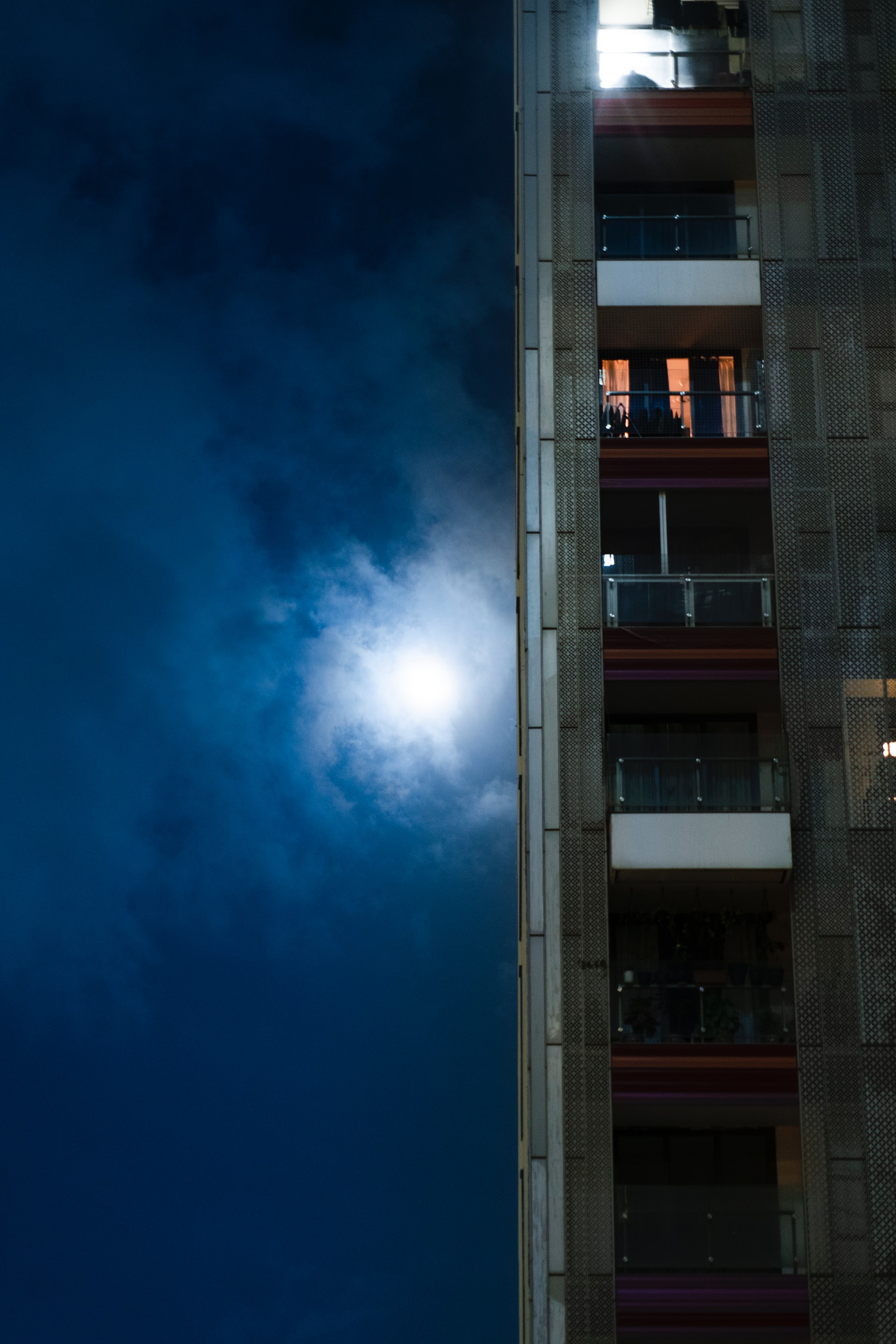Twelve years ago, when the southwest monsoon winds brought precious rainfall to a Mumbai bristling from the summer heat, winds from the east had brought cargo that was decidedly less precious: me.
My world contained within one suitcase and a backpack, I moved from Kolkata to Mumbai in 2010 to begin my career as a legal professional. Navigating a new job in a new city was exciting and distressing in equal measure. I was certain I would not last in this bustling city for too long, and that I would never be able to call this place my home.
Mumbai, after all, is an assault on the senses. You are greeted by myriad odours as you travel up the spine of the city: the air-conditioned sophistication of the stately buildings in SoBo (South Bombay), the pungent catch of the koliwadas, and the greasy aroma of freshly fried vada on almost every street corner. Everywhere you look, you see activity. The notion of stillness is wholly alien to the inhabitants of this city. Even those who stop moving are caught in the currents of the hordes flowing through railway platforms and narrow pavements.
The sky is the only thing that appears to be static, and you risk spraining your neck to catch a glimpse of it above the looming skyscrapers. And then there are the sounds, the rumblings of a city that never sleeps. I have encountered traffic and the attendant honking and droning of vehicles at 3 am – a time when most folks are asleep.
But if there is one distinct sound that can serve as the aural signature of this metropolis, it is the lecherous smooching sound that Mumbaikars are able to nonchalantly produce in order to draw someone’s attention. It is a ghastly thing, and if you have never been beckoned by it then you should count yourself lucky. It involves a puckering of the lips in a manner that is exceedingly difficult to master. The natives of this city, however, seem to have a preternatural ability for it and are seemingly oblivious to the rattling effect it produces on immigrants. (Or perhaps, they are aware of this effect and use it to assert their dominance). If there was one thing which made me believe I could never become a Mumbaikar it was the knowledge that conjuring this sound would always be beyond my physical and moral limits.
Also read: Small Town Girls, an Intimate Portrait: ‘We Are Not Like Them’
During those early days in Mumbai, I would think of Kolkata as home. I had spent my school and university years, almost 16 of them, in Kolkata. My parents continued to live there and it was the place where I had grown up, formed my first friendships. Kolkata had my favourite bookshops and football fields. It had the restaurants we would visit to celebrate every family occasion, and the bus-stops where I had spent countless hours chatting with friends. It was the city where I had gathered the pieces that made me who I am. So, even though I no longer lived there, Kolkata continued to be home as I tried to find my feet in the city of dreams.
Twelve years on, as the southwest monsoon winds blow into Mumbai once again, this city is still not home. But now neither is Kolkata. I seem incapable of putting down roots in the former, while the latter has been reduced to an anachronism. The Kolkata I called home now resides in nostalgia alone. My parents still live there, but most of my friends have abandoned it. The present-day Kolkata feels empty and unfamiliar. The years have changed both me and the city. Time has rendered us incompatible and now when I visit, I’m restless to leave. I come back to Mumbai and it is its usual chaotic self; too frantic to ever feel permanent.
I am discordant and out-of-sync in both places that could-have-been-home. With the riches of two cities to choose from, I can lay claim to neither.
Perhaps, for a migrant, the idea of a physical home is meant to be an illusion. When you choose to move cities, you give up familiarity and comfort in order to experience the thrill of the unknown, and in doing so, you leave behind the physical space you used to call home. You yearn for that space to remain unchanged but it inevitably transforms into something you no longer recognise. Over time, you begin to wonder if the search for a space you want to call home is futile. Perhaps you carry your home within you. And as long as your memory of the people and places you’ve inhabited survives, home will endure.
Rohan Banerjee is a lawyer based in Mumbai.
Featured image: oma chawhte/ Unsplash

